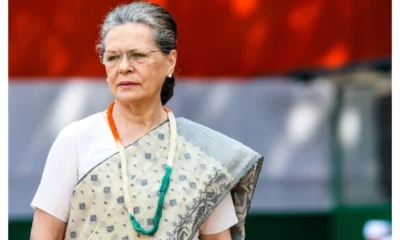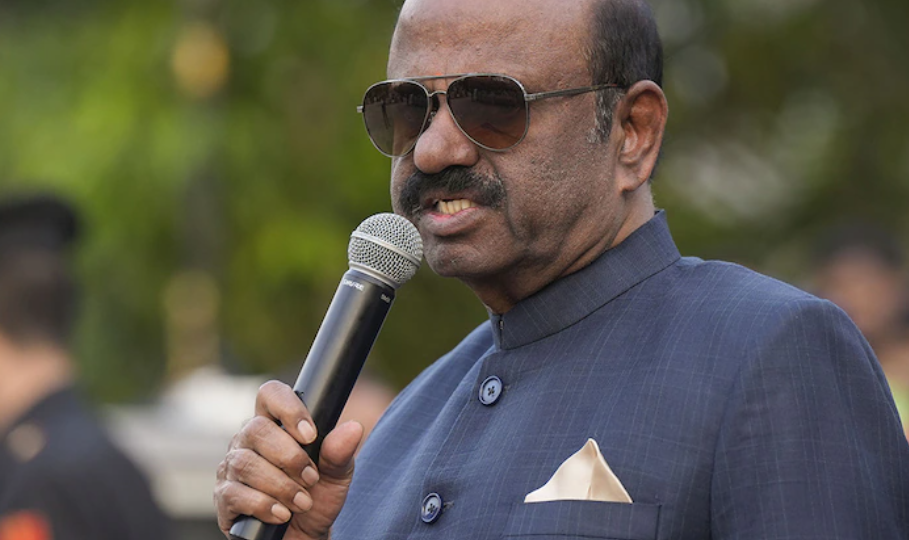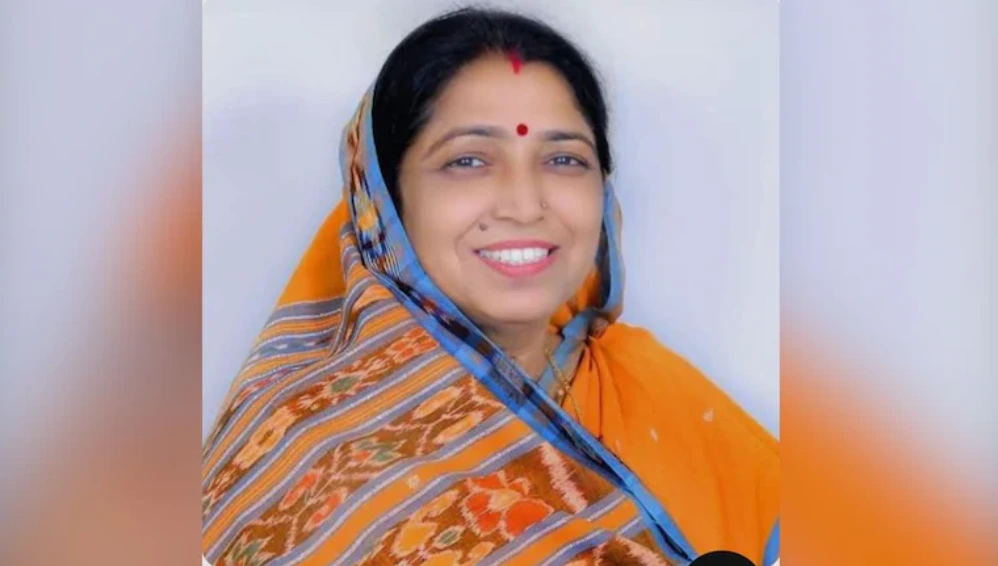India News
Prime Minister Research Fellowship to provide up to Rs80,000 per month to research students

India News
Bengal Governor CV Ananda Bose resigns, Mamata Banerjee says RN Ravi to replace him
West Bengal Governor CV Ananda Bose has resigned ahead of the state assembly election. Mamata Banerjee said RN Ravi of Tamil Nadu may replace him and questioned the process.
India News
BJP nominates Laxmi Verma to Rajya Sabha from Chhattisgarh
The BJP has announced Laxmi Verma as its Rajya Sabha nominee from Chhattisgarh, with her election considered certain given the party’s Assembly strength.
India News
Total lunar eclipse on March 3: When and how to watch blood moon safely
A total lunar eclipse on March 3 will create a stunning blood moon. Here are the timings, visibility details and safe viewing tips for India and other regions.
-

 Latest world news18 hours ago
Latest world news18 hours agoUS submarine sinks Iranian warship IRIS Dena in Indian Ocean, at least 87 feared dead
-

 Latest world news18 hours ago
Latest world news18 hours agoIndia dismisses claim that US used Indian ports for strikes on Iran
-

 Latest world news12 hours ago
Latest world news12 hours agoUS urges India to look beyond Russian oil, says American supply is best alternative
-
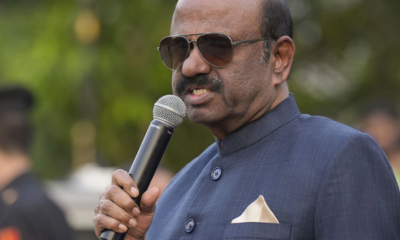
 India News8 hours ago
India News8 hours agoBengal Governor CV Ananda Bose resigns, Mamata Banerjee says RN Ravi to replace him
-
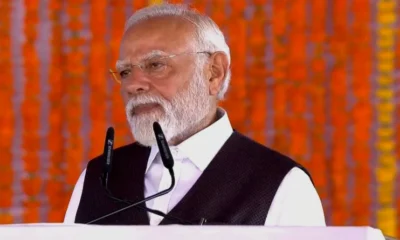
 Latest world news9 hours ago
Latest world news9 hours agoMilitary conflict alone cannot resolve global crises says PM Modi



